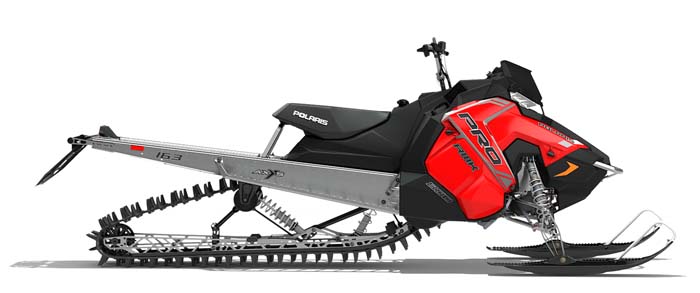Exploring Snowmobile Weight: How Much Do Snowmobiles Weigh?
Snowmobiling is a thrilling and adventurous winter activity enjoyed by people around the world. If you're a snowmobile enthusiast or just curious about the mechanics of these machines, one question that often arises is, "How much do snowmobiles weigh?" In this article, we'll dive into the world of snowmobiles, exploring their weight variations, factors affecting weight, and the implications of snowmobile weight on performance and handling.
I. Snowmobile Weight Variations:
When it comes to snowmobiles, there is a wide range of weights depending on factors such as the type, make, model, and intended purpose of the vehicle. On average, a standard recreational snowmobile can weigh between 400 to 600 pounds (181 to 272 kilograms). These snowmobiles are designed for casual riders and offer a balance between power and maneuverability.

Snowmobiles
II. Factors Affecting Snowmobile Weight:
1. Engine Size and Type: Snowmobiles come with various engine sizes and types, including 2-stroke and 4-stroke engines. The engine's size and construction significantly impact the overall weight of the snowmobile.
2. Chassis and Frame: The design and materials used in the chassis and frame play a vital role in determining the weight of the snowmobile. High-performance models might use lightweight materials like aluminum to reduce weight and improve agility.
3. Track Length: The length and width of the track that propels the snowmobile can influence its weight. Longer tracks may add weight but provide better traction and flotation in deep snow.

Track Length
4. Features and Accessories: Additional features and accessories, such as heated seats, cargo racks, and advanced technology, can contribute to the overall weight of the snowmobile.
III. Implications of Snowmobile Weight:
1. Performance: The weight of a snowmobile affects its performance characteristics. Heavier snowmobiles may offer more stability and a smoother ride, while lighter models tend to be more agile and responsive.
2. Handling: Snowmobile weight impacts how the vehicle handles different terrains. Lighter snowmobiles are easier to maneuver, making them suitable for tight trails and technical riding, while heavier models might excel in open, groomed trails.

Handling
3. Fuel Efficiency: Snowmobile weight can influence fuel efficiency. Lighter snowmobiles might consume less fuel due to reduced resistance, but heavy snowmobiles could offer better fuel efficiency at a steady pace.
4. Transport and Storage: The weight of a snowmobile also affects its ease of transport and storage. Heavier snowmobiles might require stronger trailers for towing and more storage space.
IV. Conclusion:
In the world of snowmobiles, weight is a critical factor that influences performance, handling, and overall riding experience. While average recreational snowmobiles generally weigh between 400 to 600 pounds, the weight can vary significantly based on factors such as engine type, chassis design, and additional features.
Whether you're a casual rider seeking stability or an adrenaline junkie craving agility, understanding snowmobile weight will help you make an informed choice when selecting the perfect snowmobile for your winter adventures. Always remember that the right balance between weight and performance will lead to an unforgettable snowmobiling experience.